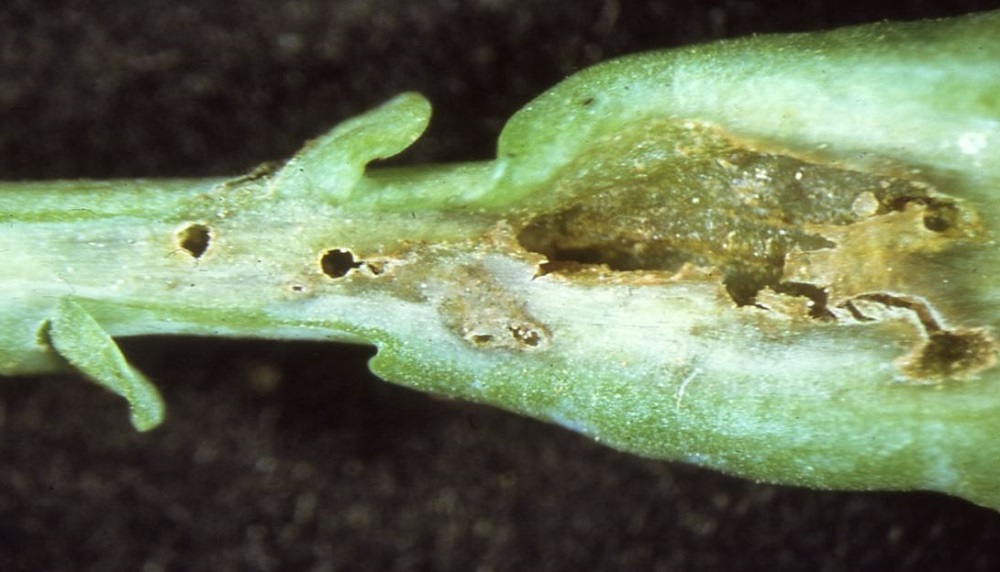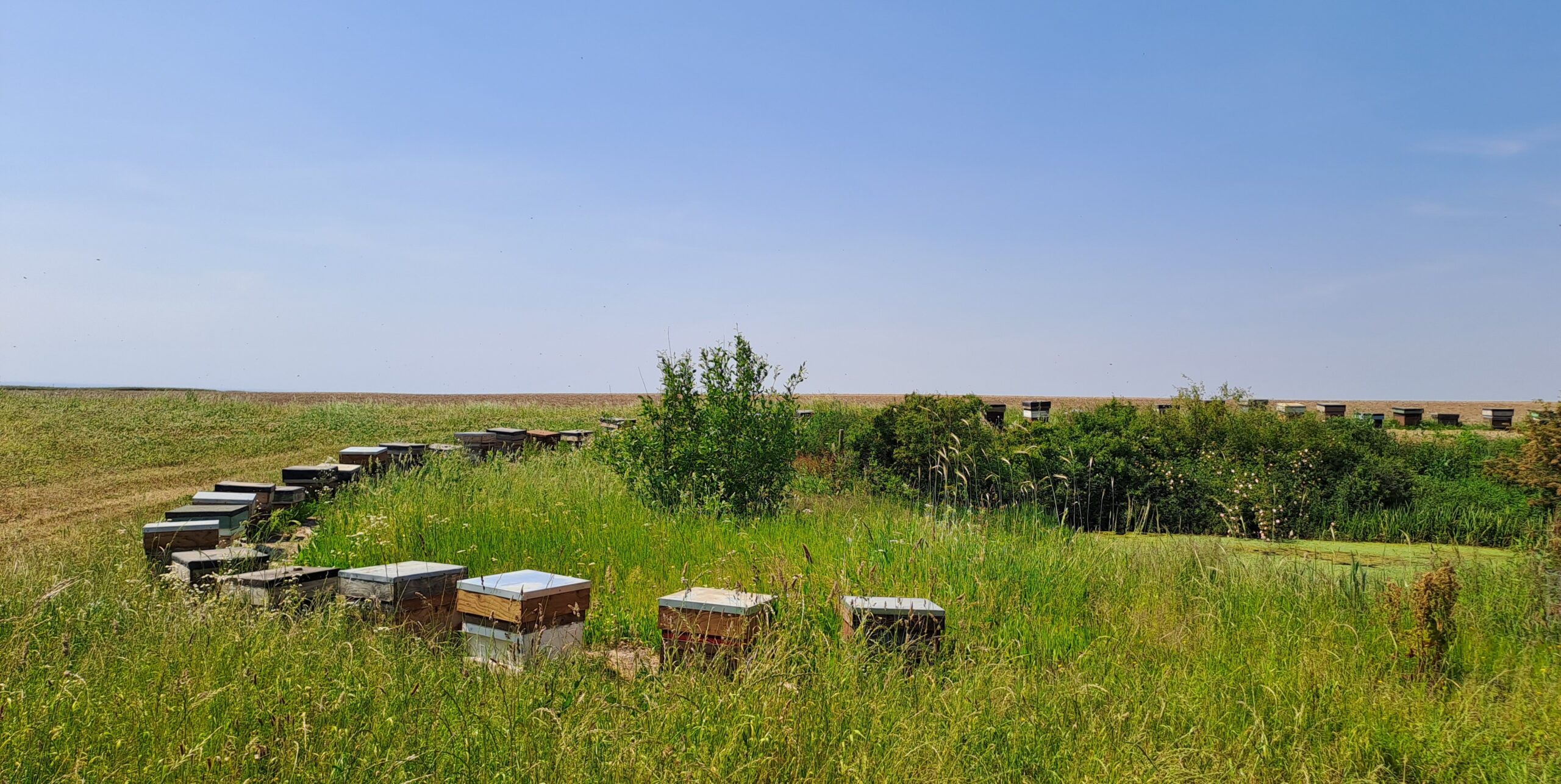In farms all over Britain, a quiet revolution is taking place.
Not a revolution in the way we drill or grow or even harvest (although all these processes have undergone advancement in recent years) but a revolution in our approach to co-existing with other species that have come to rely on our farmed output as much as we do, namely the insects that we usually refer to as pests.
Once upon a time, insects that preyed upon our crops would have been attacked through the use of strong chemicals, the aim being to wipe out local populations to create pest-free fields. This approach not only attacked the pest we were targeting, but also affected benign and even helpful insects; (for example neonicotinoid seed treatments and the subsequent unintended negative effects on Bees).
Now the use of other methods of pest management are offering gentler ways to allow us to coexist with insect species that depend on the output from our farms. One of these approaches is companion planting, which works by placing plants that are unattractive or harmful to the pest next to the potential food source. This confuses the pest into moving on rather than making a home. Although gentler to benign insects who might inhabit the farm, this plan is still one of removing the pest rather than accommodating it.
Another approach is much more revolutionary: Plant breeding, the age old science of changing the traits of plants in order to produce desired characteristics, is now increasingly utilised to support crops to better survive pest attacks, allowing the insects that prey on our crops to continue to live on the plant, while maintaining our harvest. This represents a huge shift in our view towards insect pests.


Advances in oil seed rape are a great example of this process. The cabbage stem flea beetle is a known pest for this plant that can be most damaging at its larval stage, where it eats channels through the plant’s main stem. This causes the plant to tilt and fall, making it almost impossible to harvest. Now, newer, approved seed variations of oil seed rape are bred for much thicker, fast growing stems, which allow the plant to harbour – and even feed – the cabbage stem larvae while staying healthy and upright.
This new collaborative approach to pest management, which creates a welcoming feeding environment for insects and allows fields to be productive while being alive with wildlife, shows a huge change in farming attitudes; and cements what is arguably the modern farmer’s most important role: as the main custodian of Britain’s wildlife and countryside.
Talk to your T H WHITE rep today about how we can help support your regenerative farming goals.




